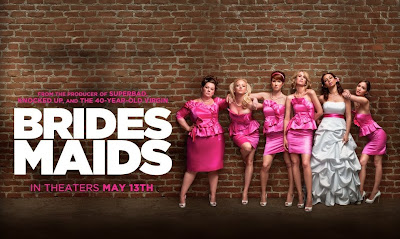1. AOL Music interviewed Jordan Sparks about her recent body transformation and new song. While at first I was skeptical since so many celebrities have come out lately with dramatic weight loss news, I think Jordan Sparks offers a positive message, saying that she wanted to become active and get more energy for herself. Even if she had good intentions and feels better about herself, she cannot control the language that the media uses to discuss her weight loss. The article focuses on her new svelte figure and evolved image, manipulating Jordan's reasons for losing weight.
2. Is Beyonce becoming more "white"? Check out this image of her fourth album cover. When I first looked at it, I didn't recognize her. This is a common trend with female singers. For more information, look at this image of Shakira before fame and after fame.
3. Continuing with the topic of Beyonce, she's decided to fight childhood obesity with Michelle Obama through her song "Move Your Body." Click the link to see her music video. It frustrates me that childhood obesity is framed as a problem that needs fighting and that exercise seems to be the only "solution" discussed in conversations about body image.
http://www.dyfuse.com/files/images/beyonce-move-your-body-video.preview.jpg




